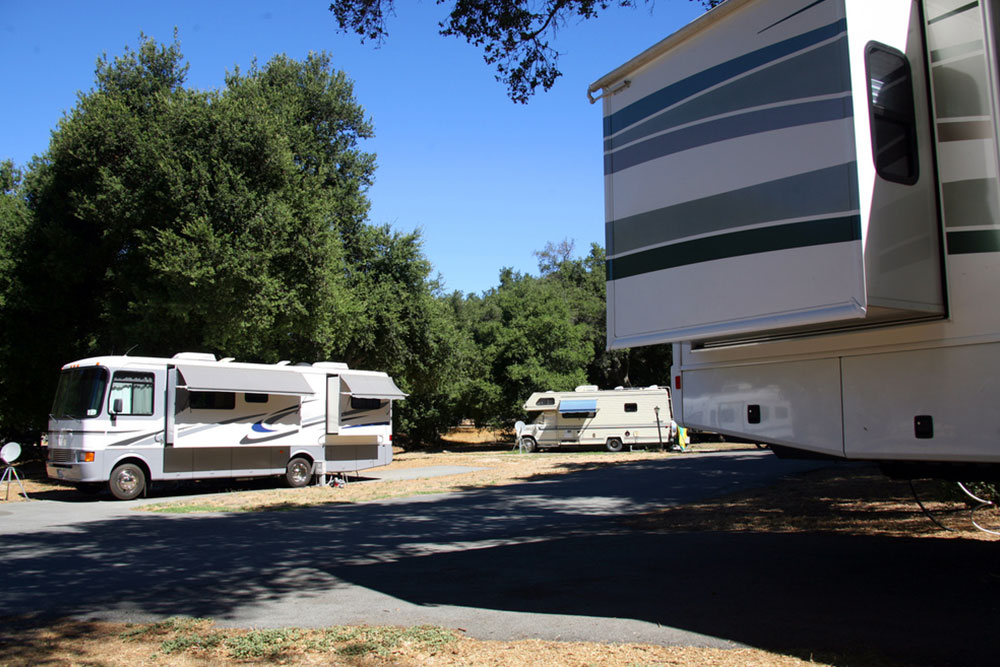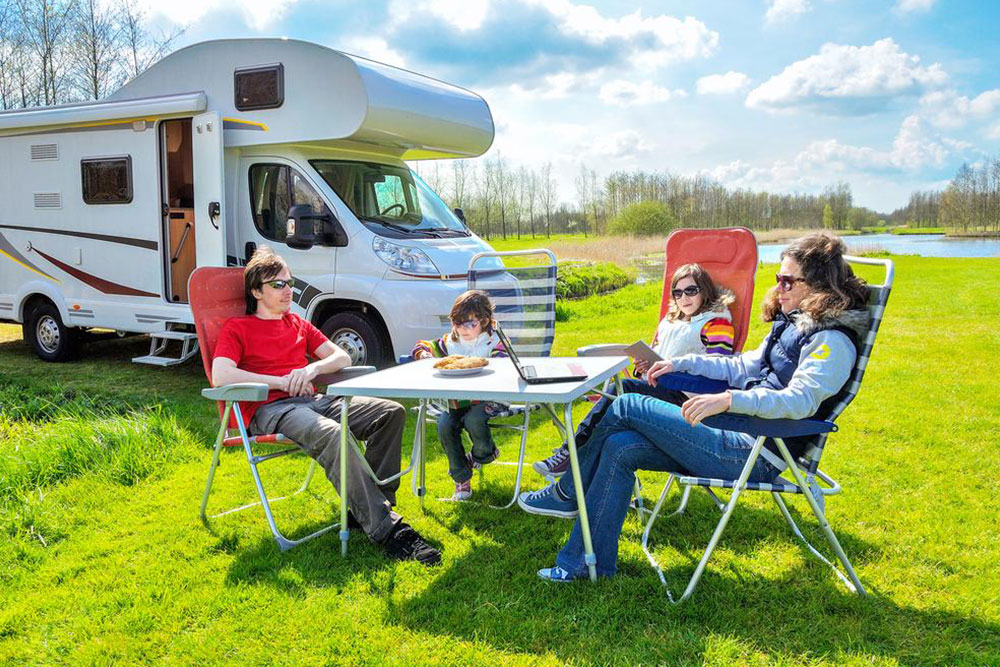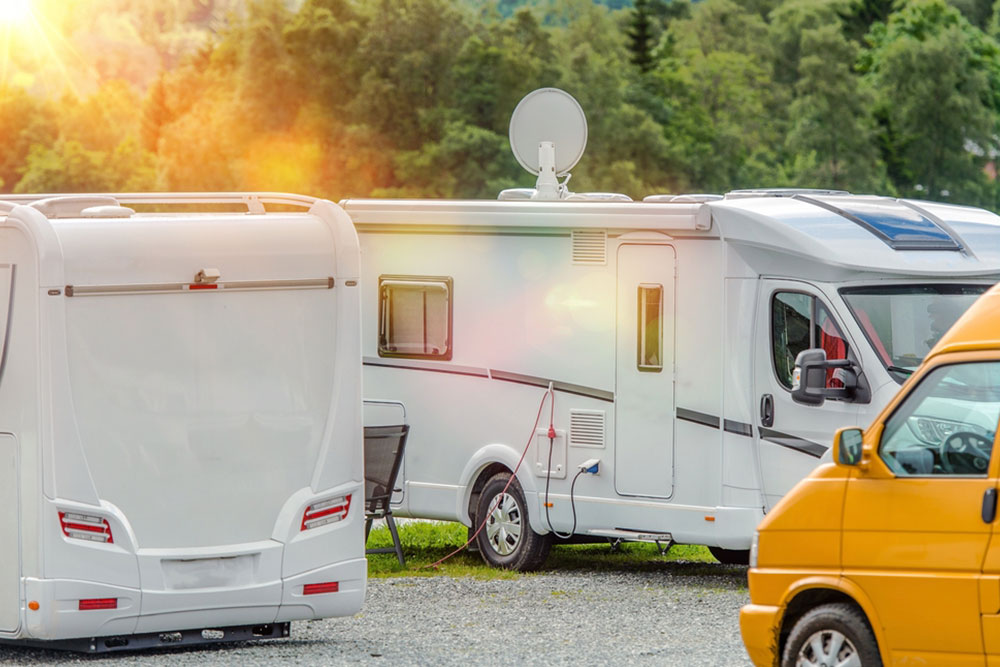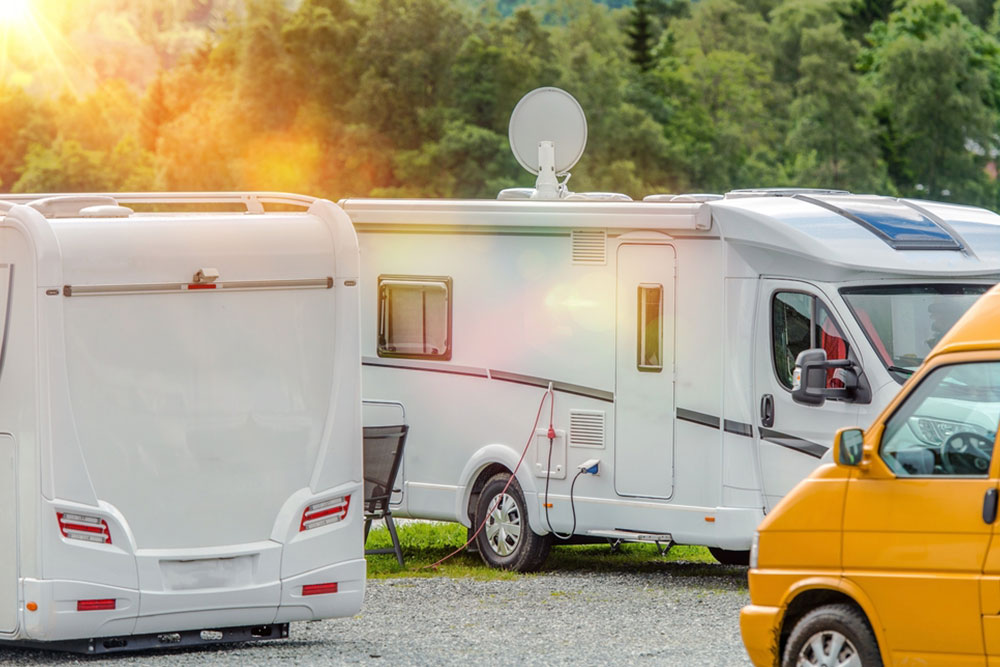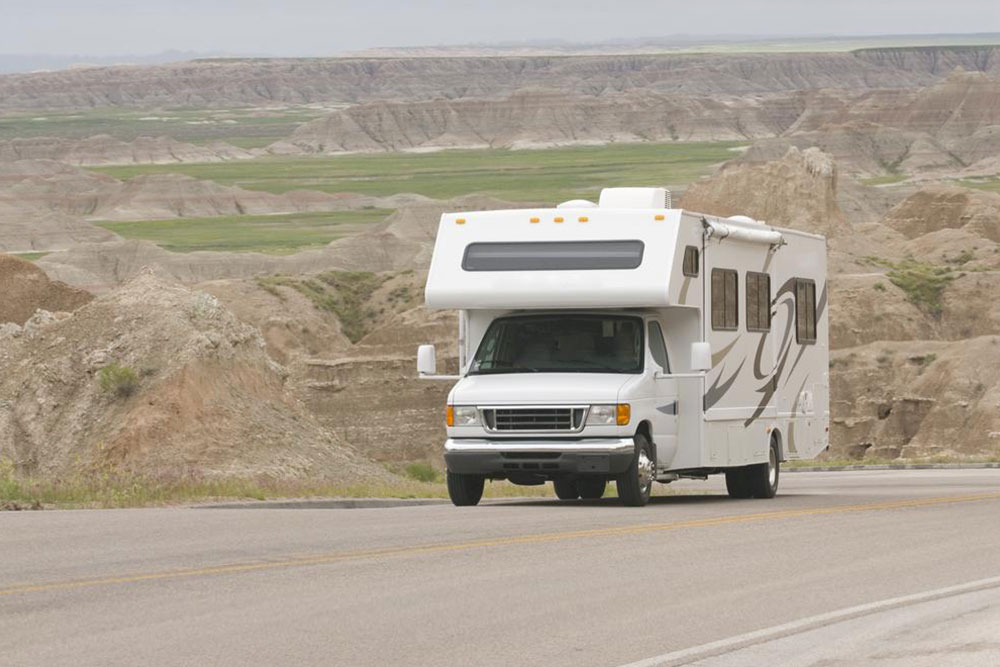Essential Guide to Buying Reliable Used RVs
Discover essential tips for buying a reliable used RV, from assessing your needs and inspecting the vehicle to negotiating the price. Learn how to identify potential issues such as water damage, tire wear, and mechanical problems. This comprehensive guide equips you with expert advice to make a smart investment and enjoy many memorable camping trips. Whether you're a first-time buyer or seasoned camper, these strategies will help you find an RV that meets your expectations and offers lasting value.
Sponsored
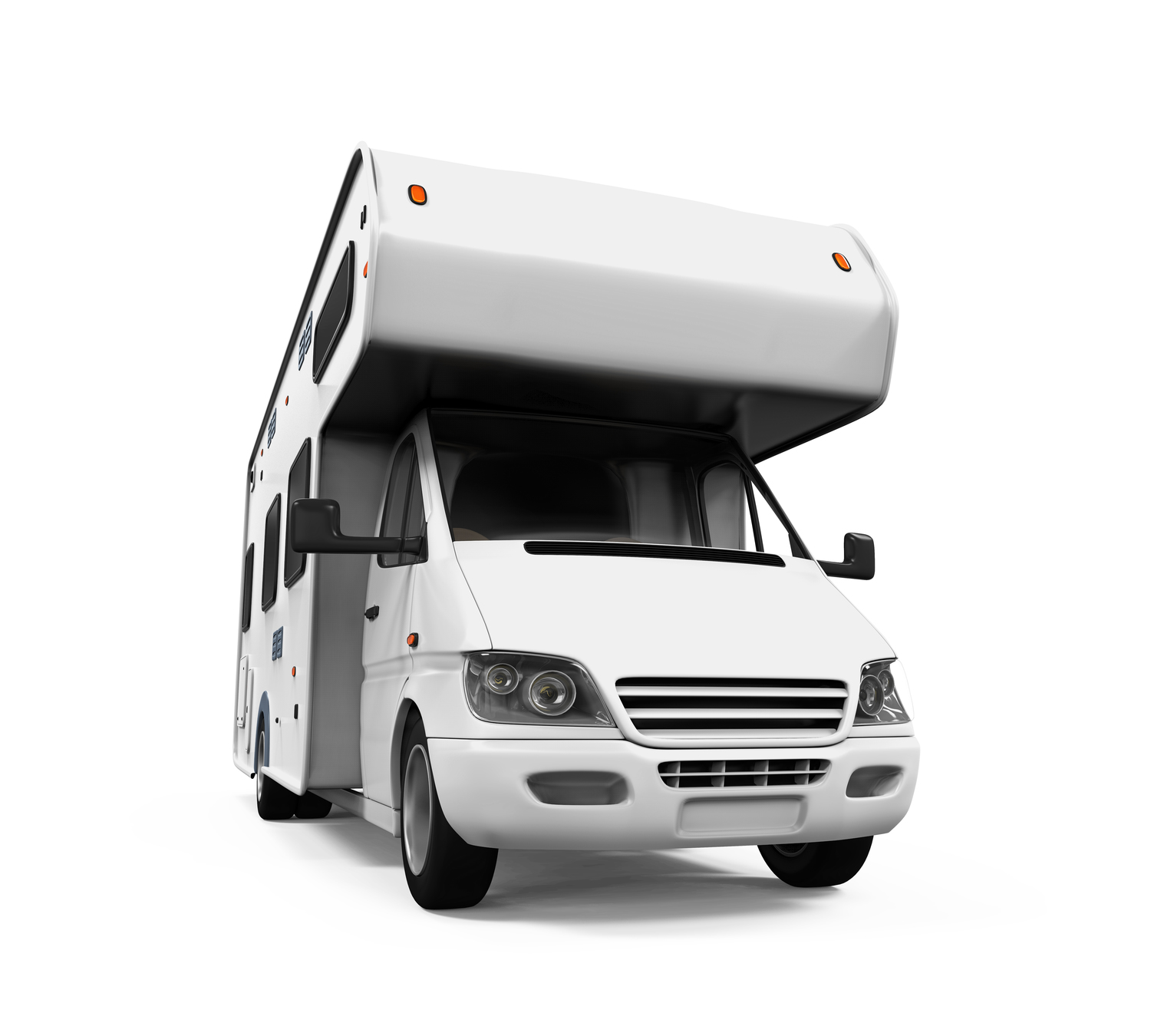
Essential Tips for Purchasing a Dependable Used RV
1. Clarify Your Travel Needs
Begin by assessing your camping preferences. Think about:
– Size and Layout: How many people will camp? Do you need separate sleeping areas, a full kitchen, or a bathroom?
– Budget: Set a budget that includes potential repairs and upgrades.
– Camping Type: Will you mostly stay at established campgrounds with hookups or venture into off-grid sites?
2. Explore Different Models
Research various makes and models to match your needs and check their reliability. Use online forums, reviews, and RV sales websites for insights. Pay attention to common issues reported by other owners to avoid future problems.
3. Conduct a Detailed Inspection
Inspect the RV thoroughly before purchase. Focus on:
– Exterior: Look for damage, rust, leaks, and check seals around doors and windows.
– Interior: Detect signs of water damage, mold, or soft spots. Test appliances, plumbing, and electrical systems for functionality.
– Mechanical Components: Verify slide-outs, awnings, and hitch mechanisms work properly, and test brakes and lights.
4. Check for Water-Related Damage
Water intrusion is a major concern. Examine the roof, corners, ceilings, and around windows for leaks or stains. Use a moisture meter if possible to identify hidden issues.
5. Assess Tire Condition
Ensure tires are in good shape, free of dry rot, and suitable for towing. Note the age of tires since older tires can be unsafe even if tread appears fine.
6. Verify Legal Documents
Make sure the seller holds a clear title. Confirm the VIN matches the paperwork and check for any salvage titles indicating past major damage.
7. Review Maintenance Records
Ask for service history to gauge how well the RV has been maintained. Well-maintained units tend to be more reliable and face fewer future issues.
8. Consider Professional Inspection
Hire a certified RV inspector for a comprehensive assessment. Their report can reveal hidden problems and save money on unexpected repairs.
9. Negotiate the Price
Use inspection findings to negotiate. Be prepared to lower your offer if issues are discovered, ensuring the price aligns with the RV’s condition and your budget.
10. Check Warranty and Insurance
Determine if any warranty coverage remains. Explore insurance options to protect your investment against damage or theft.
11. Test Drive or Tow
If it's self-propelled, take it for a test drive to evaluate handling and engine performance. If towed, ensure your vehicle can safely handle the load and conduct a test tow if possible.
12. Use Online Resources
Join RV forums, review sites, and online marketplaces like RVTrader and Facebook Marketplace. These platforms can help identify trusted sellers and provide valuable buying advice. Always verify seller legitimacy before making a purchase.
Thorough research, detailed inspections, and professional input are key to acquiring a dependable used RV. Patience and attention to detail will lead you to the perfect match, ensuring many enjoyable adventures ahead.

